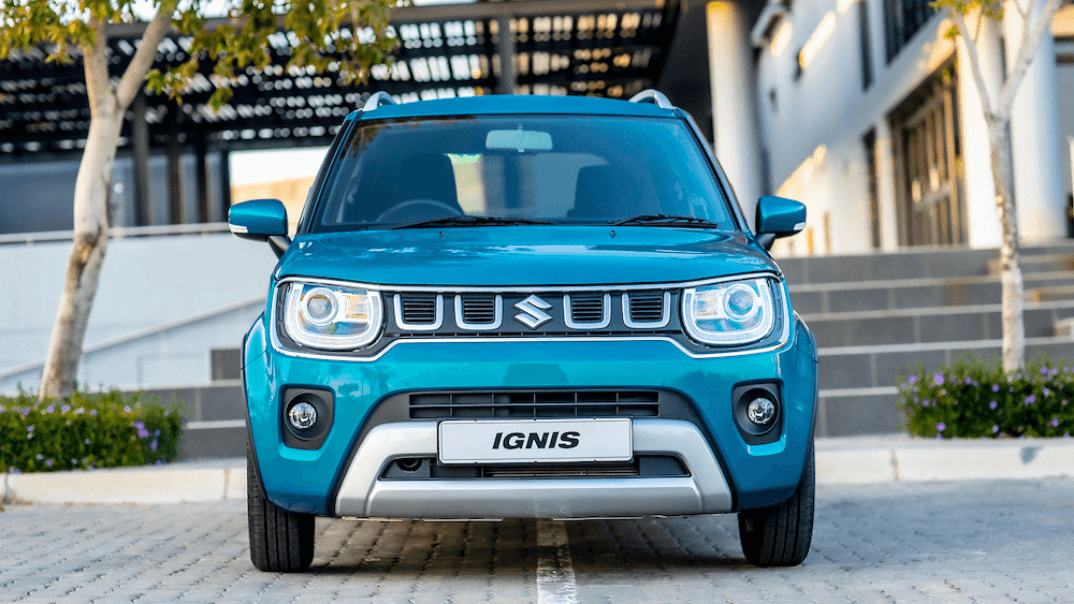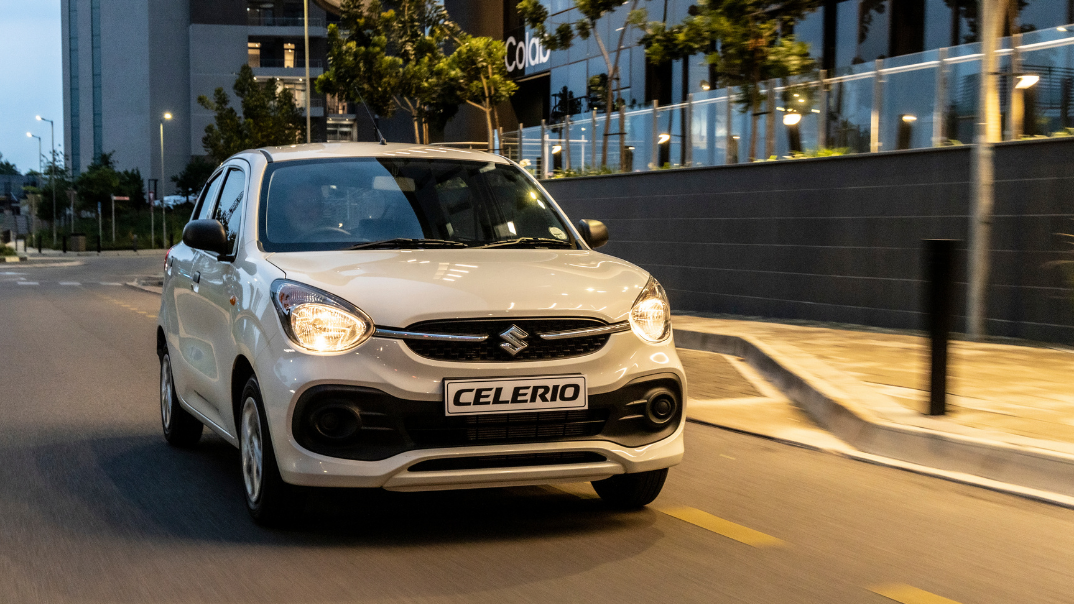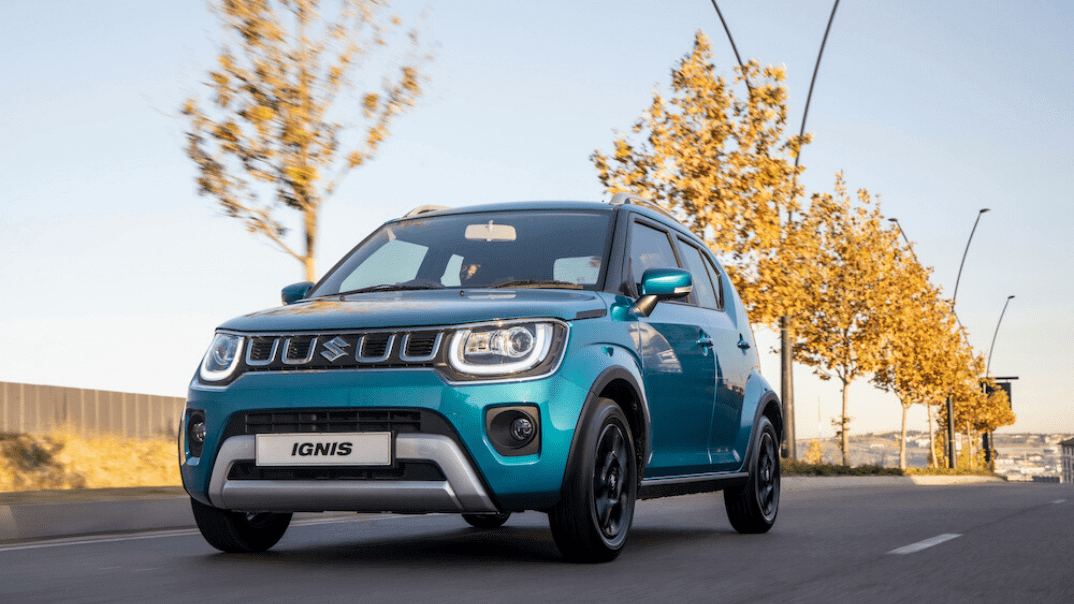Looking to buy a car? Here’s a list of the various different ways that you can finance your vehicle in South Africa.
Buying a new car is exciting, whether you’re a first time buyer or trading in for an upgrade. However, it’s also a very big decision - one that shouldn’t be made impulsively. Your car is often the second biggest asset you’ll ever own (your house being the biggest) and therefore it’s important to budget so it’s not a huge strain on your monthly budget.
Disclaimer: Before we dive in to the various different finance options available to you, we need to note that this advice should not substitute the advice of a finance and insurance (F&I) advisor. We highly recommend that you ask for a consultation with the F&I advisor at your dealership before going ahead with any finance option.
Different finance options available for you to buy a car
Apart from paying cash (and let’s face it, not many of us can afford this luxury), there are several different financing options available to help you buy your car.
Financing a private car sale
If you’re buying a second hand vehicle, you may be considering purchasing a car privately from, for example, a colleague, friend or family member. You could also be looking at buying from an online portal (like Gumtree or Autotrader) or from the classifieds section in your local newspaper. In all of these situations, you’d be looking to make a private sale.
.png?width=511&height=287&name=Untitled%20design%20(25).png)
Image source: WesBank (each financial institution has its own set of regulations with regard to private sales, however most follow a similar structure)
Financing a private car sale works similarly to buying a new or used car from a dealership. However, there are a few differences - for example, the vehicle will need to undergo an inspection to ensure that it’s roadworthy, complies with all necessary legalities and is indeed in good working order. While this may seem like an added hassle, this inspection serves to protect both the buyer and the financial institution. The second major difference between financing your car privately and financing through a dealership, is that when you go through your dealership, their F&I advisor will assist you with getting your paperwork in order.
Read our post, "Is it safe to buy cars off sites such as Gumtree", for advice to help you safely purchase a used car online.
Buying a new or used car from a dealership
When you buy from a dealership, whether you’re buying new or used, you have the option of taking out finance directly from a bank or financial institution (like WesBank) or going through the F&I advisor at your dealership.
The main difference between the two, is that your F&I advisor will most likely submit your application to various different institutions on your behalf (much like a bond originator) and try to help you secure the best possible deal. If you have a preferred credit provider, you can always apply for pre-approval from them and take this with you to the F&I advisor at your dealership, to negotiate your loan terms.
If you’re buying from a dealership, you may also be considering a balloon payment.
Looking to get to know your dealer better and ask them all the right questions? Get our guide with all the questions you should ask your dealer.
Balloon Payments
A balloon payment is also called a residual value. Basically, it’s a lump-sum payment attached to your loan. The balloon payment is higher than your regular monthly installments and can be applied either at intervals during your loan, or more commonly, at the end of your loan term.
Wheels24 offers the following advice for buyers considering a balloon payment:
“D before B except if it’s C: rather put down a big Deposit before looking at a Balloon payment unless it is Critical.”
The benefit of a balloon payment is that it helps buyers purchase their dream car, even if it would normally be a little too far outside their budget.
The danger of a balloon payment, however, is that, tempting as it may sound, buying a car outside of your budget can end badly if you’re unable to pay the residual amount at the end of your loan term. To make a balloon payment work, you need to be very strict with your monthly budget - putting aside money towards that inevitable residual payment.
If you think a balloon payment could be a good option for you, read or blog, Should I choose a balloon payment? This will provide you with an in depth list of pros and cons to help you make your decision.
Setting your budget to buy a car
Before you decide on your make and model, first do an analysis of your budget to see what you can afford to spend monthly on a car. This includes things like insurance and maintenance.
For example:
Let’s say you can afford a monthly repayment of R4 000.
You’ll need to subtract the amount you’ll have to pay for insurance - for example, R700 - leaving you with R3 300. You’ll also need to subtract charges like monthly services fees and compulsory credit life (life insurance that protects your credit providers), for example R350 - leaving you with R2 950 for your monthly car installments.
Multiply this amount by your intended loan term - for example 60 months, and then add the prime lending rate, for example 12.75%, plus an additional 1%.
(R2 950 x 60) + (12.75% + 1%) = R201 337.50
Add the cash deposit you have available, for example R30 000, and you have the amount you can spend on a car: R231 337.50. If you’re going to be trading in an existing vehicle, you can add the trade in value to your equation. So, if your current car is worth R60 000, you’d end up with R291 337.50 to spend.
Now that you know your maximum budget limit, you can shop around for vehicles that fall within this range. Try not to purchase at the top end of your affordability, as this doesn’t allow you wiggle room in the event of a change in interest rate. And whatever you do, don’t set your heart on a particular model without checking your budget, and then try to cobble together a way to finance it.
Use our finance tool to calculate how much the vehicle you want will cost you.
As you can see, there are various different finance options available to help you buy a car in South Africa. You’ll need to weigh up which one suits your specific needs, to ensure that you’re able to afford the monthly repayment fees. The last thing anyone wants, is to purchase a car that they can’t actually afford. This could end with you being blacklisted, with the car being repossessed by the bank.
Got your eye on a Suzuki? Our experts would love to help answer all your questions, so that you can purchase your new baby.
Have your eyes on a new pair of wheels? Suzuki’s guide has everything you should look at, including the financial aspects! Click here to download.




